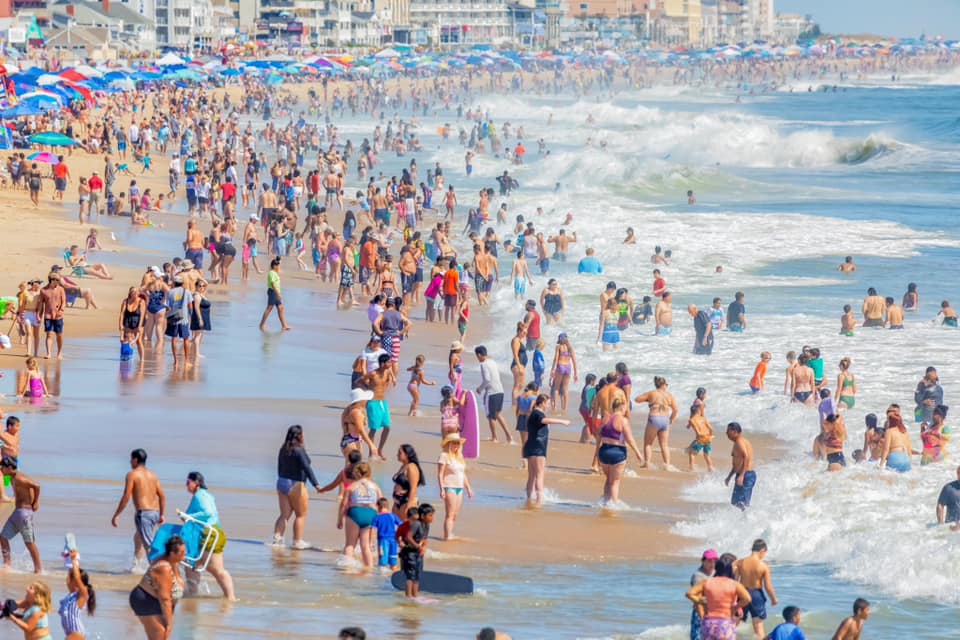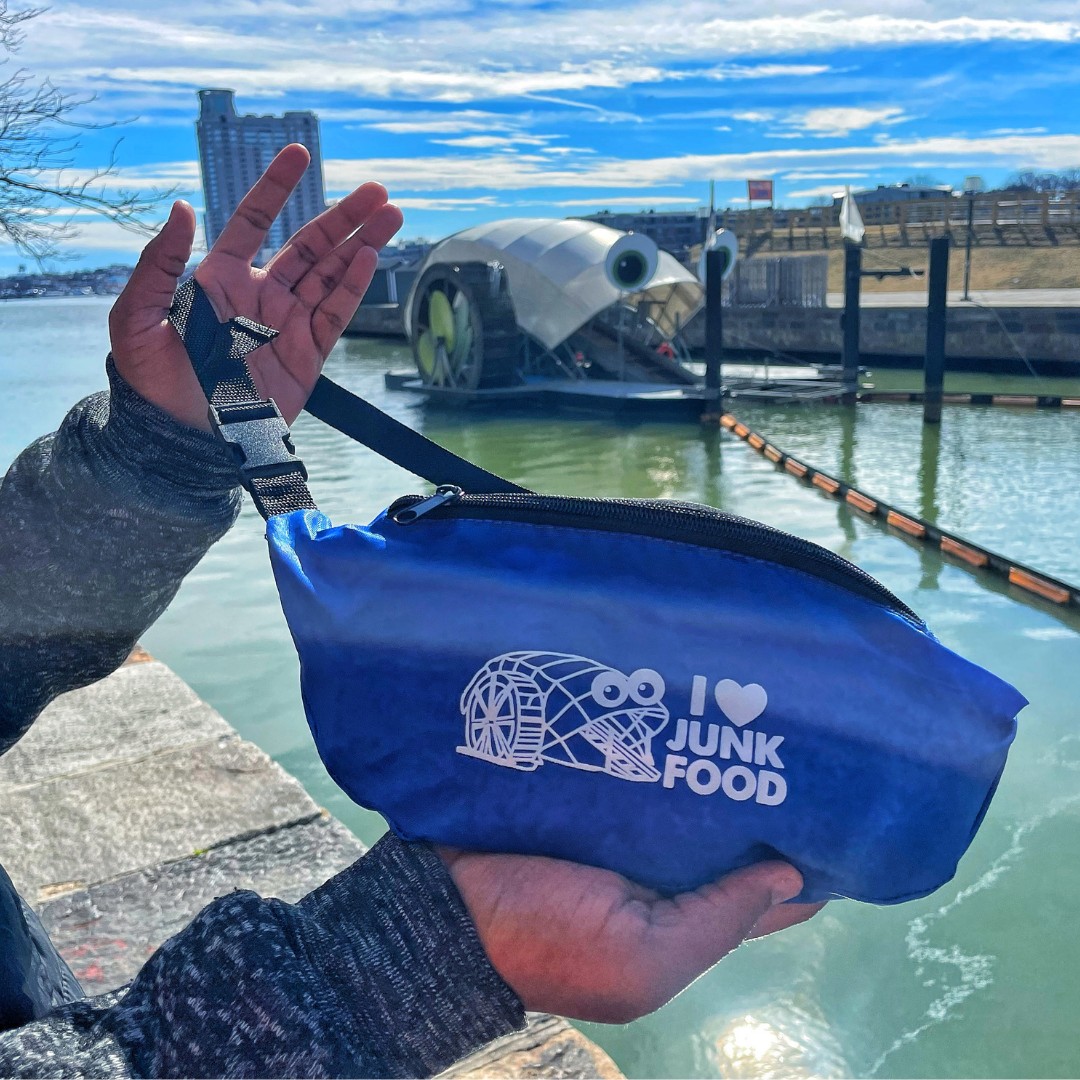The effects of Hurricane Idalia were centered far south of the Chesapeake Bay region, but the storm still brought storm rip currents and high surf to the Maryland and Delaware beaches people flocked to for Labor Day weekend.
In Ocean City, Maryland, a staggering 472 people had to be rescued from the water. And in Rehoboth Beach, a Maryland man lost his life swimming in the surf.
The U.S. Coast Guard Mid-Atlantic issued an advisory ahead of the holiday weekend that read, “Coast Guard officials are urging Labor Day weekend beachgoers to exercise extreme caution when going into the water, especially for children and inexperienced swimmers, due to tropical storm impacts.”

The Coast Guard cautioned, “Strong rip currents and high surf along the Mid-Atlantic coast are expected to make the water dangerous — even for the strongest swimmers.” The agency said rip currents would be a grave danger to beachgoers and boaters, even when the weather cleared and beach conditions were favorable. That would prove to be true.
Sadly, the ocean claimed the life of Richard A. Boateng, a visitor from Howard County, Maryland. The 31-year-old was last seen in the ocean surf, wearing a blue floral swimsuit and blue swim cap in the area of Rehoboth Avenue Sunday evening around 5:45 p.m. Lifeguards had just gone off duty at 5:30 p.m. Several Rehoboth Beach and Delaware state agencies launched a search for Boateng along with the Coast Guard.
Just before sunrise on Monday morning, a body was found on the beach in the North Shores community just north of Rehoboth Beach. It was later identified as Boateng.
Ocean City Beach Patrol (OCBP) lifeguards had their hands more than full from the tropical storm. Captain Butch Arbin tells Bay Bulletin that OCBP made 152 rescues on Saturday, 230 on Sunday, and 90 people were saved from the water on Labor Day Monday. Last year Arbin said they didn’t have to make a single rescue.
Lifeguard shortages have been an ongoing struggle for beach patrols in recent summers, no doubt making it even more difficult to keep so many tourists safe. Arbin says the number of OCBP lifeguards decreases after the third week in August, and this year the number was lower than last year.
“We used all available SRTs [Search Rescue Technicians] but just didn’t have as many as in the past,” he says.
Similarly, in Rehoboth, fewer lifeguards were available at the end of the summer. On Aug. 23, the City of Rehoboth Beach announced, “As many of our lifeguards head back to school, the Rehoboth Beach Patrol is forced to reduce the stretch of beach that is guarded.” Fewer blocks of shoreline have had manned lifeguard stations ever since.
The hurricane season isn’t over, and beach patrol officials often emphasize it’s best not to swim in areas or at times where lifeguards are not present.
As always, the Coast Guard reminds beachgoers that rip currents are very strong as they move perpendicular to the shore. “The best way to escape a rip current is by swimming parallel to the shore instead of towards it, since most rip currents are less than 80 feet wide,” they say. And the most important thing is not to panic. “Continue to breathe, try to keep your head above water, and don’t exhaust yourself fighting against the force of the current.
-Meg Walburn Viviano




